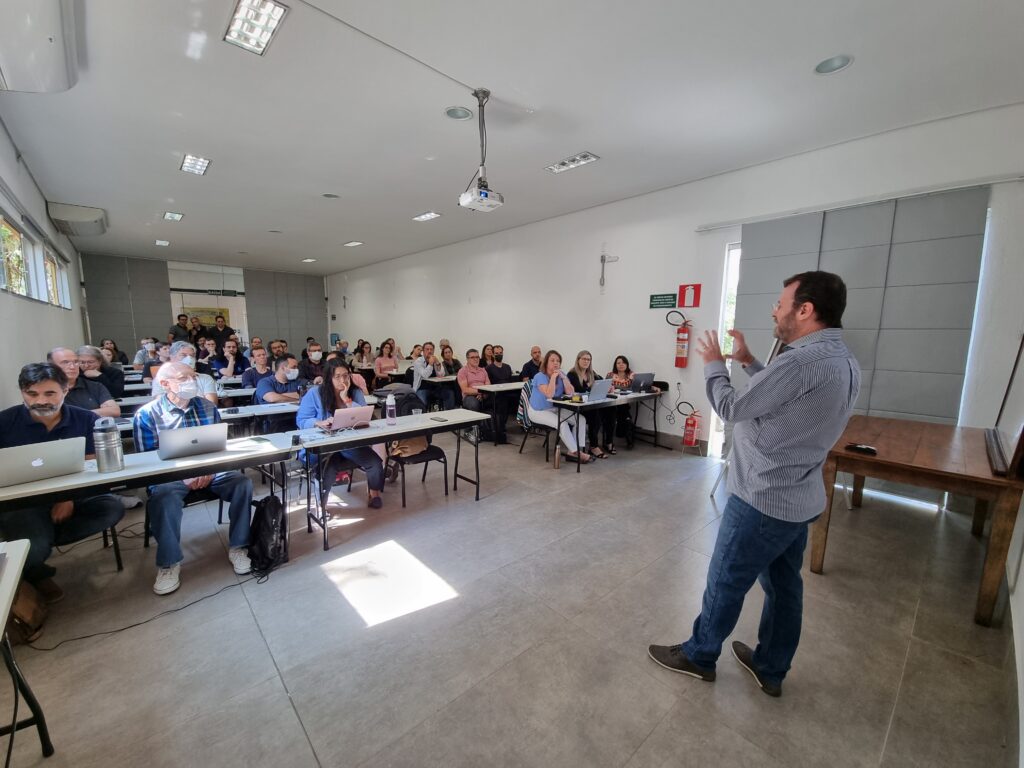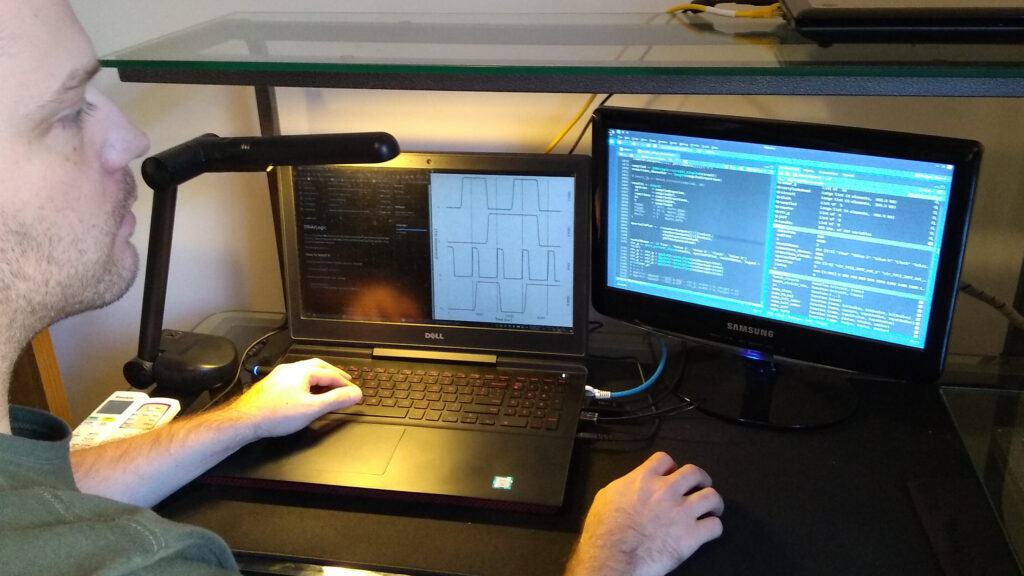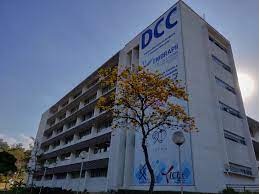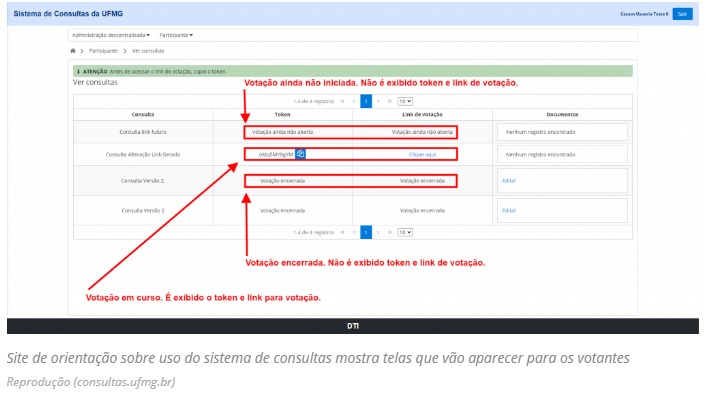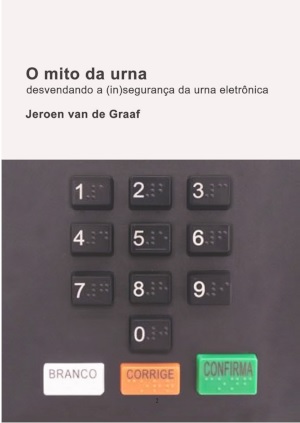Palestra da Profª Mary Beth Rosson
Título: Minimalist Tools for End-User Development
Mary Beth Rosson
Center for Human-Computer Interaction
The Pennsylvania State University
University Park, PA, USA
People want to get things done, not learn how to program. They want to use computational tools to solve problems, not create software artifacts that are elegant, extensible, or reusable. In some cases end users may not even care whether the software they create is (exactly!) correct. When we combine this starting motivation with a general lack of expertise in logic, control flow, and algorithm design, we face a number of basic challenges in building tools and other support for end-user development.
Minimalism is attractive as a design approach for end-user development because it addresses motivation and cognitive issues in concert. In this talk I will provide a brief overview of minimalist learning theory and several related design techniques (training wheels, view matcher, guided exploration, scaffolded examples). I will show how these techniques are being used to design end-user programming tools and activities, and discuss the implications for engaging active users in end-user development.
